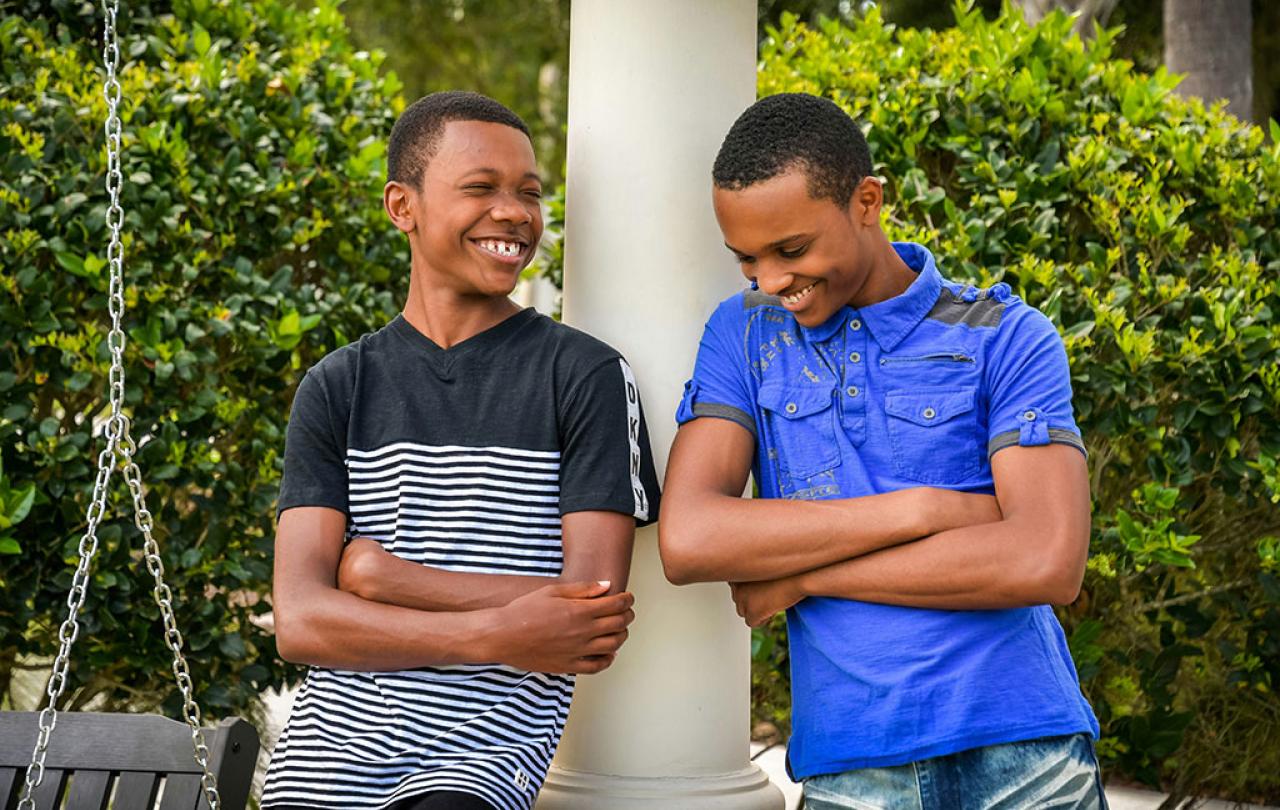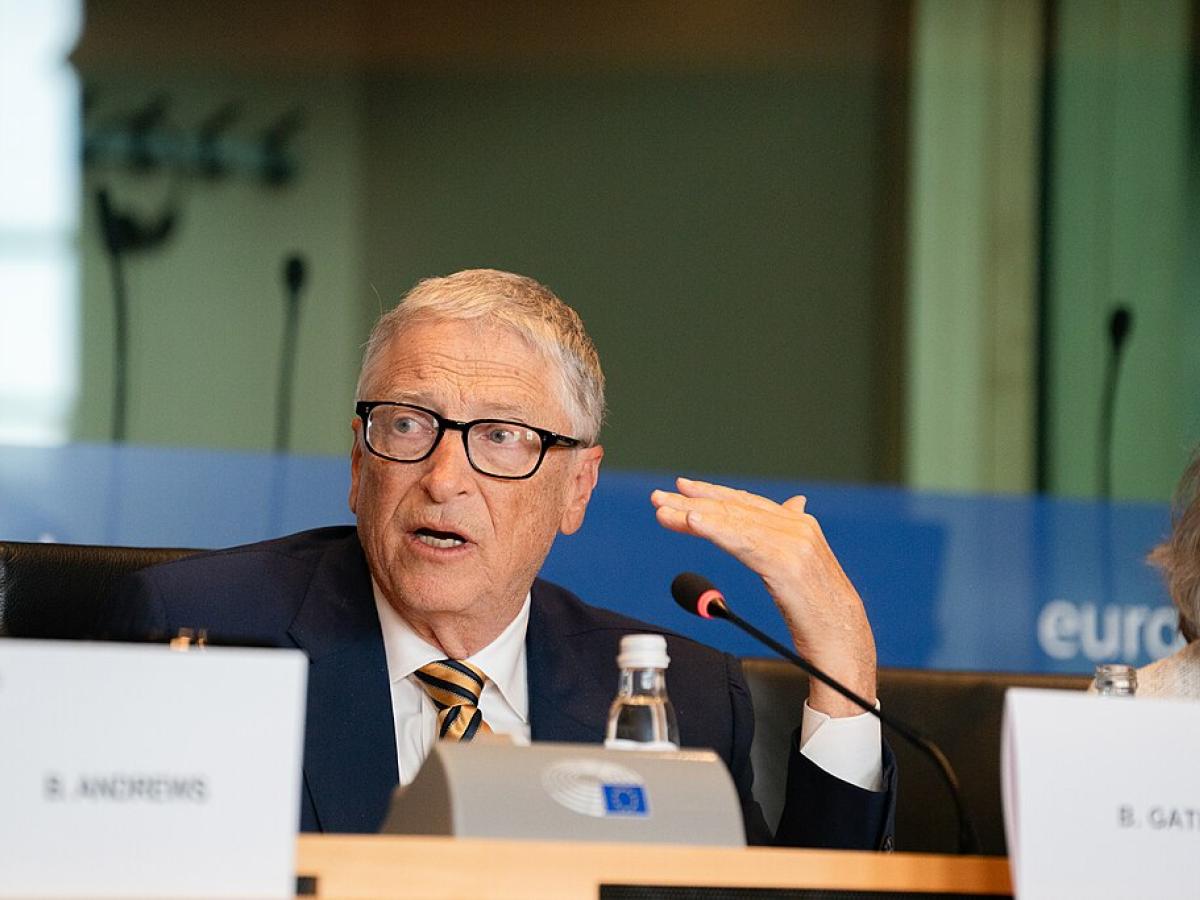
The air in the carriage is still and stifling. I’m sat near the border of Romania and Bulgaria, waiting for the Poliția to return my passport, and I tot up that I’ve spent over 100 hours on trains in the last two months. But, despite my large suitcase and brightly coloured bum-bag, I’m not strictly on holiday. I am – for now at least – a digital nomad.
Even before Covid-19 hit, the number of people combining work and travel in this way was growing. The increasing openness to remote working which the pandemic catalysed means this has only continued to explode.
Some countries, like Portugal and Italy, are even trying to incentivise people to work there to aid their economies, or repopulate declining areas.
Exactly what constitutes being a digital nomad is a little fluid, but essentially it is working remotely, in different places, for a prolonged period of time. You could certainly be a digital nomad moving around your home country, but there is a strong trend of people exploring places where their salary goes further.
If you’re stuck renting and you work remotely anyway, why not add some adventure to the mix?
It’s not hard to see why nearly half the people pursuing this lifestyle are in their 30s. Many of us have not been able to “settle down” in the ways we anticipated growing up. If you’re stuck renting and you work remotely anyway, why not add some adventure to the mix?
Often, this means rocking up to a new city for a month or two, maybe as long as a year. Having bought a three-month interrail pass on a bit of a whim, I’ve taken a slightly different approach. Having already established myself in a new city a couple of years ago, I wasn’t looking to do that over again. But, working on the road is allowing me to scratch the wanderlust itch without eating into my savings.
Making the most of my all-inclusive travel, I’m spending the week in one city and moving on to another for the weekend. I’ve been blessed to experience some of the best art, culture and food that Europe has to offer. Galleries in Dresden, a piano trio in Venice, and pierogies in Warsaw have been just a few of the highlights.
I have also had to hold onto my job, of course, and getting used to balancing work and sightseeing was a steep learning curve for the first couple of weeks. My employer has not only allowed, but encouraged, me to make the most of their flexible working policy. This has made keeping the FOMO at bay easier, as I can always take a break to visit a gallery or museum and work into the evening if needed. Taking a late dinner is so much more continental anyway…
The “digital” bit of being a digital nomad isn’t confined to remote working either. Having the timetable of every train route in Europe, a map of the world and a translator at my fingertips offers more than just convenience. As a woman travelling alone, I feel much safer knowing that the possibility of getting lost and not being able to communicate with anyone is reduced.
Just as much as the breath-taking scenery and legendary landmarks, it’s been these little moments... which have really made this trip.
Showing an Austrian man in the laundrette how the camera feature on Google Translate turned the washing machine instructions into English in front of our eyes was a really fun moment. In fact, just as much as the breath-taking scenery and legendary landmarks, it’s been these little moments (you might call them casual magic) which have really made this trip. Like noticing that I’m one of five women on the train to Oslo who are knitting or crocheting, or watching a man in Bratislava cycle across a park with a giant bundle of modelling balloons strapped to his back.
Some people were surprised I was undertaking such a long trip alone, but it suits me. Compared to the 2021 lockdown - which happened to be my first experience of living alone - this is a doddle.
I’ve also been helped by the fact that a few friends and family have taken my trip as an excuse for a break, so I’ll have had company for four of the thirteen weeks I’m away. As a bonus, I randomly bumped into a couple I know from London whilst walking over a bridge in Budapest and joined them for an impromptu beer.
I’ve become very content dining alone. It’s nice to feel comfortable in your own skin like that, and it’s helped me get a lot more reading done as well! There have been other unexpected benefits of moving around so much. Oddly, for someone with hoarding tendencies, I take pride in being a light packer. I’ve really enjoyed the simplicity of living with a smaller amount of stuff and finally understand the power of “a place for everything and everything in its place”.
In my “normal” life I am terrible for procrastinating with life admin and leaving things until they become stressful. On the road I can’t do that. I have to book the next train or place to stay. I have to tidy up because I need to be out of my room. I’ve learned that I thrive with this blend of structure and change, though I’m yet to figure out how on earth to translate that when I get back.
I’ve also tried to keep a stricter morning routine than usual. I’ve started most days with a few pages of journaling and the daily reflection on the Pray As You Go app. It’s working well to have that consistent touchpoint, whether I’m waking up in a quirky studio apartment or on a busy sleeper train.
I’ve visited a lot of cathedrals and churches on this trip, as these are amongst the significant landmarks in many European cities. Sometimes this is a purely touristic experience; if a church is teeming with people chatting and taking selfies I might take in the artistry of the building, but find it harder to connect on a spiritual level. But many times an atmosphere of reverence is maintained. There will be a quiet sense of shared wonder. I’ll find myself slipping into a pew, meditating on the imagery around me, having a little chat with God and generally enjoying being out of the hustle and bustle of the city for a short while.
On Sundays, I’ve sought out an English-speaking church where possible. Maintaining some of the rhythms and rituals from my everyday life helps me to feel grounded. If I couldn’t listen to podcasts, or write, or crochet I suspect I would feel more disoriented whilst moving about so much. And if I didn’t go to church for the whole three months, I think I would feel out of sorts. Untethered, perhaps. In the twelve years or so I’ve been a Christian, I’ve grown used to that weekly gathering punctuating my week, giving me space to connect to God and others and allowing me time to reflect.
Joining a service has also given me a different window into some of the cities I’ve visited. I loved hearing that the church in Prague were having their annual book sale, singing with a visiting choir in Berlin and learning about the grant the church in Bucharest have received to support refugees in their city.
I am part of a worldwide movement... I can learn from others and find kinship wherever I am.
The American student handing me the order of service, the Indian priest leading the service, the Australian retiree reading the bible passage for the day; they all remind me that I am part of a worldwide movement. That I can learn from others and find kinship wherever I am. And, when it hasn’t worked logistically to attend a local service, I’ve watched one on YouTube from my church back in Brighton. I’ve been able to both find a sense of connection in a new place and stay connected to my home community. Maybe that’s the real gift of the digital tools we now have access to; they make the world both bigger and smaller at the same time.
Now, I’ve got my passport back and in six hours or so I will be in Sofia, something like city 20 of 27. In a few days I’ll take an overnight train to my furthest destination, Istanbul. I’ll be right on the precipice of where East meets West, having taken in the Alps, the Baltic Sea and the banks of the Danube along the way. Not a bad way to make a living.






